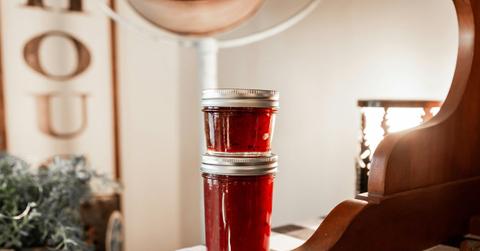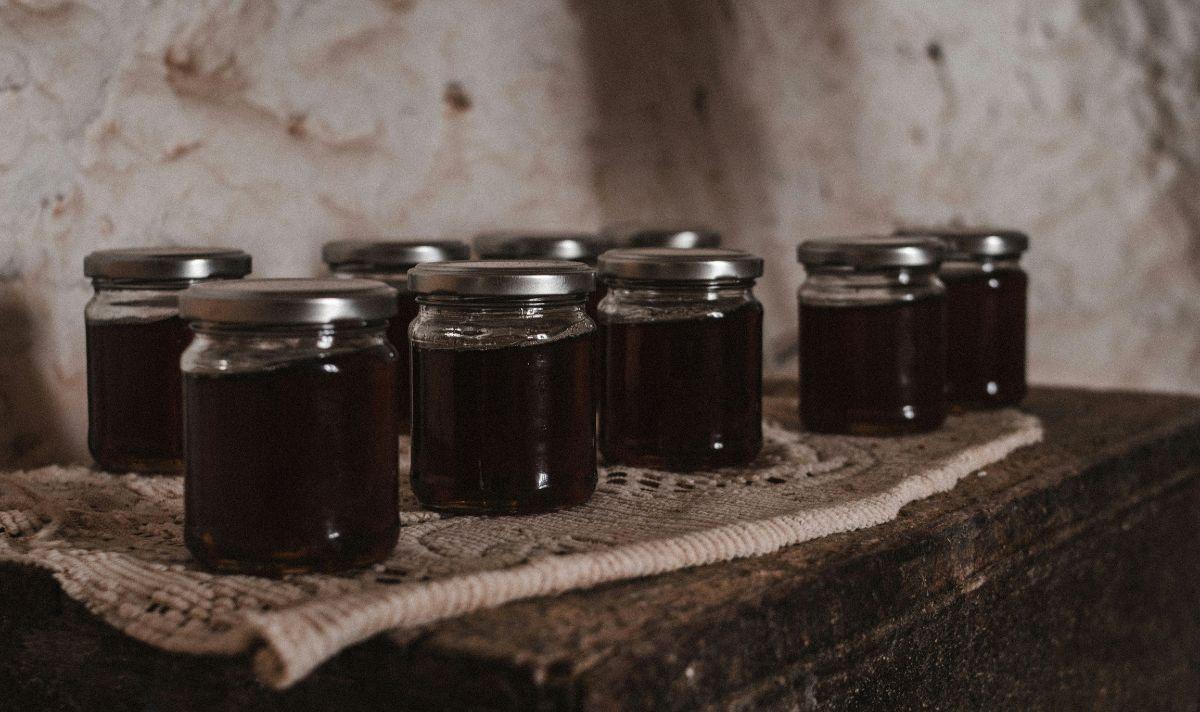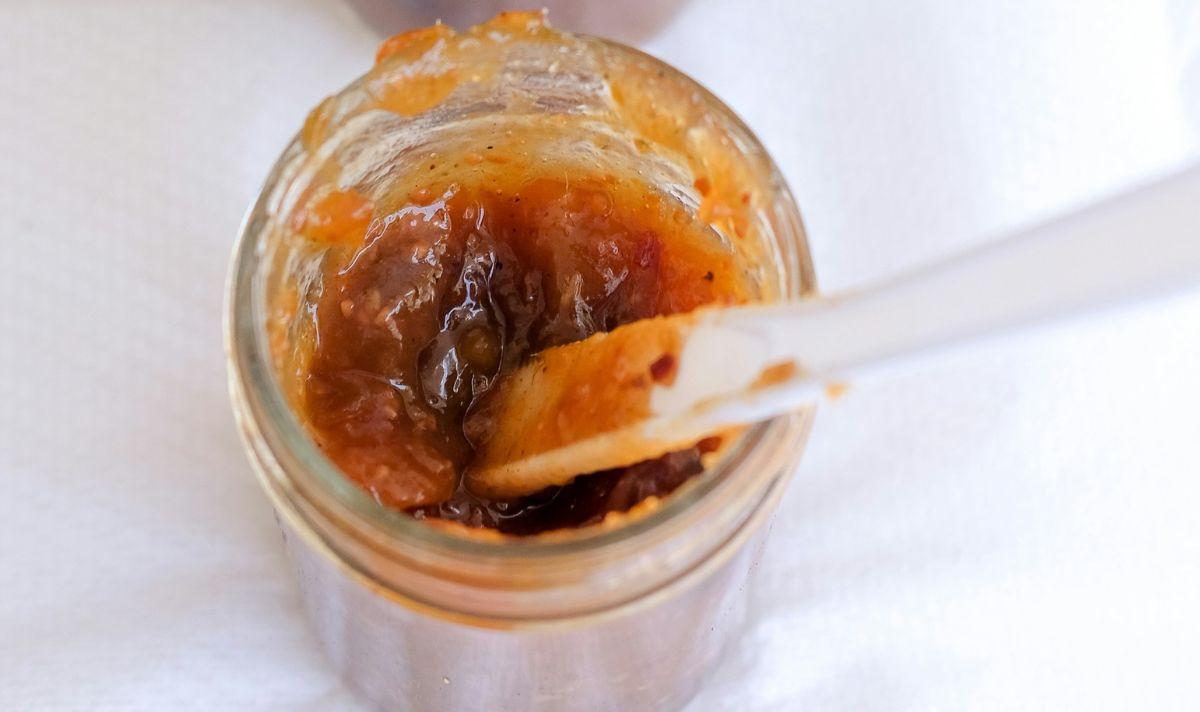In 1951, the U.S. Government Sued 62 Cases of Jam — And Lost
From "imitation" jam to "imitation" crab meat, potential libel and misbranding cases exist everywhere in the food industry...
Published Sept. 7 2024, 2:58 p.m. ET

The Supreme Court of the United States is responsible for plenty of decisions which will have a very real impact on American's lives. The decisions are not only applicable to individual cases, but they often set precedents and laws of the land. The case of 62 Cases, More or Less, Each Containing Six Jars of Jam v. United States — although it may seem superficially silly from the name — actually has very real impact on lives.
The Supreme Court's decisions often interpret regulations and laws; in this case, they took a look at the Federal Food, Drug, and Cosmetic Act. It boiled down to individuals wanting to have a better understanding of what they were eating, accusing a company of false advertising. The result laid the precedent for more cases that would come after.

What happened in '62 Cases of Jam v. United States'?
In essence, the case decided if the word "imitation" was enough to prevent a product from being misbranded. A common example of this is "imitation" crab meat which doesn't technically claim to be crab meat, but is often used in restaurants as if it is actual crab meat. Establishments were basically doing the same thing when using a product called "Delicious Brand Imitation Jam," but wouldn't let their patrons know that what they were being served didn't technically meet the standards for jam.
Surprisingly, the government regulates what a product needed to be considered a jam. There must be more fruit than sugar in the product to secure that label, something that Delicious Brand Imitation Jam did not to do ... because it was only imitation. However, restaurants weren't always passing the word along and some thought that purchasers didn't realize how much of a difference, especially in nutritional value, the move was making.
So, the case climbed up the ranks of the courts. At first, there was an understanding that the label of "imitation" helped prevent any libel claims, but the Tenth Circuit court disagreed. They referred to the jam as "sub-standard" as opposed to "imitation," making a clear difference. The fight eventually escalated to the Supreme Court where attorneys duked it out over jam and jelly in the courthouse.

The Tenth Circuit court's ruling, though, was overturned by the Supreme Court. They determined that the word "imitation" did suffice in this case. The court decided in a 7-2 ruling "that, since the product seized closely resembled fruit jam in appearance and taste, and was used as a substitute for the standardized food, it 'purported' to be fruit jam, and must be deemed 'misbranded' notwithstanding that it was duly labeled an 'imitation,'" as noted in the court documents.
"If petitioner's product did not purport to be 'jam,' petitioner would have no claim to press, and the Government no objection to raise," one judge argued in a brief dissent. Nonetheless, the decision was final and was not further pressed. Now, a real impact can be observed in the world as manufacturers were easily able to lower the standards by which they follow and still sell their products as long as they slapped on that label.